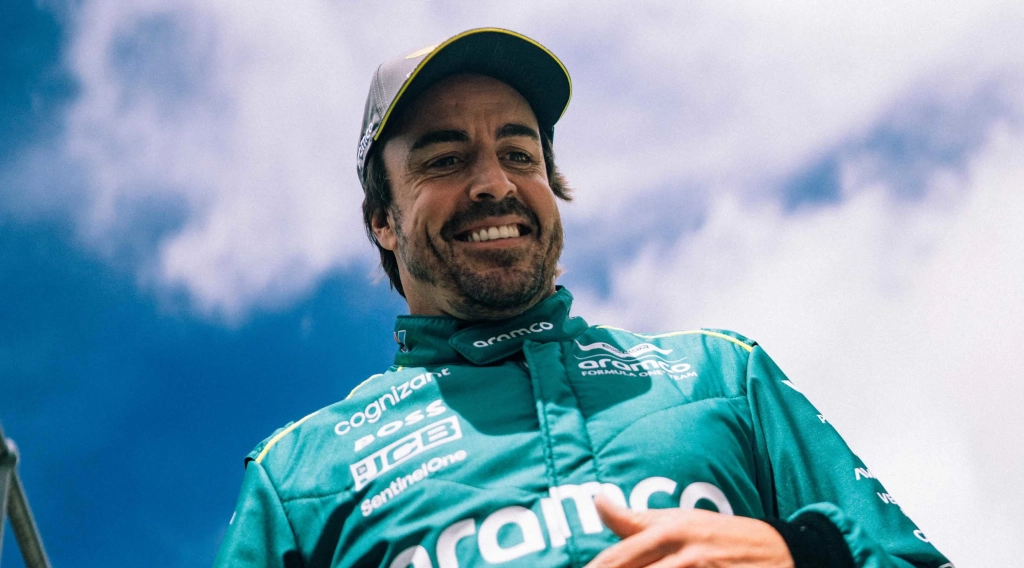As the US Grand Prix approaches, Fernando Alonso stands on the brink of a remarkable milestone: competing in his 400th Formula 1 race. This achievement is a testament to his enduring presence in the sport, but it also prompts a moment of introspection for the veteran driver. In a recent media discussion, Alonso shared his thoughts on his extensive career and the aspects he misses most from the early days of F1.
Entering his 400th race is a significant feat, one that would have seemed impossible in the past. When asked about this achievement, Alonso acknowledged its importance but expressed a deeper desire: “I would gladly exchange half of those races for just one more championship or perhaps a few more wins,” he stated. For Alonso, it’s the victories and titles that truly define a driver’s legacy, not just the number of races competed. He recognizes that this statistic highlights his passion for the sport and his commitment to maintaining a competitive edge over more than two decades.
Reflecting on the physical demands of racing, Alonso candidly admitted that the toll it takes on his body is considerable. “It’s not great for your back, neck, or spine,” he noted. However, he also pointed out the advancements in car technology over his 21 years in F1. He explained that modern cars have become more accommodating for drivers, with improvements in comfort and safety. “While the ground effect cars present new challenges, advancements in technology have made driving less strenuous,” he remarked, adding that the physical intensity of races is now concentrated mainly in qualifying sessions.
Alonso’s nostalgia extends to the very fabric of Formula 1. He reminisced about elements that have faded from the sport, such as refueling strategies and the exhilarating sound of high-performance engines. He also mentioned the shift in marketing strategies, where social media now plays a crucial role, unlike the more traditional approaches of the past. “We are at a pinnacle for Formula 1 today, particularly in the US, thanks to Liberty Media’s efforts,” he noted, while acknowledging that earlier strategies allowed for more diverse race tactics.
As Alonso prepares for his upcoming race, he carries both pride and longing for the racing culture of yesteryears. He feels that while the sport has evolved and become more disciplined, some aspects of the past—such as pit stop strategies and the visceral experience of racing—are sorely missed. “Today’s racing sees drivers managing much more, from fuel to energy, which can lead to a significant performance gap between qualifying and race pace,” he explained. With a deep love for the sport, Alonso continues to strive for excellence, hoping to create lasting memories as he adds to his impressive racing legacy.

